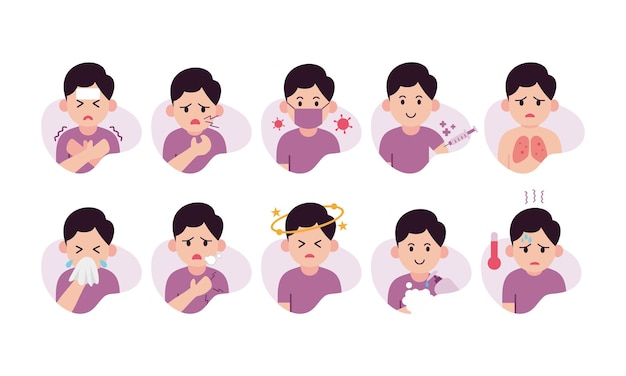Causes of Bad Breath
Gum Disease
Gum disease is a common cause of bad breath. A study from 2012 found a direct link between periodontitis and gingivitis to bad breath. This unpleasant odor, known as halitosis, is caused by bacteria living in the mouths of those affected.
Cancer
While having bad breath doesn’t mean you have cancer, cancers of the mouth can significantly affect the quality of your breath. In some cases, bad breath can even help detect early-stage cancer. For instance, a device tested by a director at the Cleveland Clinic’s respiratory center was able to identify lung cancer in 80% of patients based on their breath. Chronic bad breath, though unpleasant, could potentially be a life-saving symptom.
Chemotherapy and radiation therapy can also lead to dry mouth by reducing saliva production. Without enough saliva, bacteria can accumulate, releasing sulfuric gas that causes bad breath.
Allergies
If you suffer from allergies, you might also experience bad breath along with a scratchy throat, stuffy nose, and watery eyes. Mucus and nasal drip create an ideal environment for the bacteria that cause bad breath. Additionally, treating allergy symptoms often results in dry mouth, which can further contribute to bad breath. However, managing nasal drip and maintaining oral hygiene can help alleviate both allergies and bad breath.
Diabetes
Diabetics often struggle with inadequate insulin production, leading the body to burn fat in a process called ketoacidosis. This increases ketone levels, which the body tries to eliminate through urine and the lungs, resulting in breath that smells fruity or like acetone. Acetone is a by-product of ketone production, which occurs when the body burns fatty acids.
Liver Disease
People with liver disease may experience a type of bad breath known as fetor hepaticus. This musty odor can indicate liver disorders, often before other more obvious symptoms appear.
Kidney Failure
Bad breath can also be a sign of kidney failure. Researchers believe this may be due to metabolic changes that cause dry mouth, reduced saliva flow, and an altered sense of taste. These factors contribute to halitosis as the lack of saliva fails to cleanse the mouth effectively.
Candida Albicans
Candida albicans, a type of yeast, can also cause bad breath. This is a common issue for individuals with tongue piercings, denture wearers, or those using dental appliances like retainers.
Chronic Acid Reflux
Chronic acid reflux, or GERD (Gastroesophageal Reflux Disease), can lead to bad breath. Studies have shown that halitosis is a frequent problem for GERD patients. The backflow of acids and partially digested food into the esophagus and mouth can make it difficult to maintain oral hygiene.
Helicobacter Pylori
H. pylori infection, often associated with ulcers and other gastrointestinal issues, is more common in patients with bad breath. One study found that patients with gastrointestinal problems often had halitosis and H. pylori infection. Fortunately, treating the infection usually resolves the bad breath.
Sj?gren’s Syndrome
Dry mouth can sometimes be caused by autoimmune disorders, where the body attacks itself. Sj?gren’s syndrome is one such condition, where the body attacks and impairs the function of exocrine glands, including the salivary glands. This leads to dry mouth and the associated issues, including bad breath.

